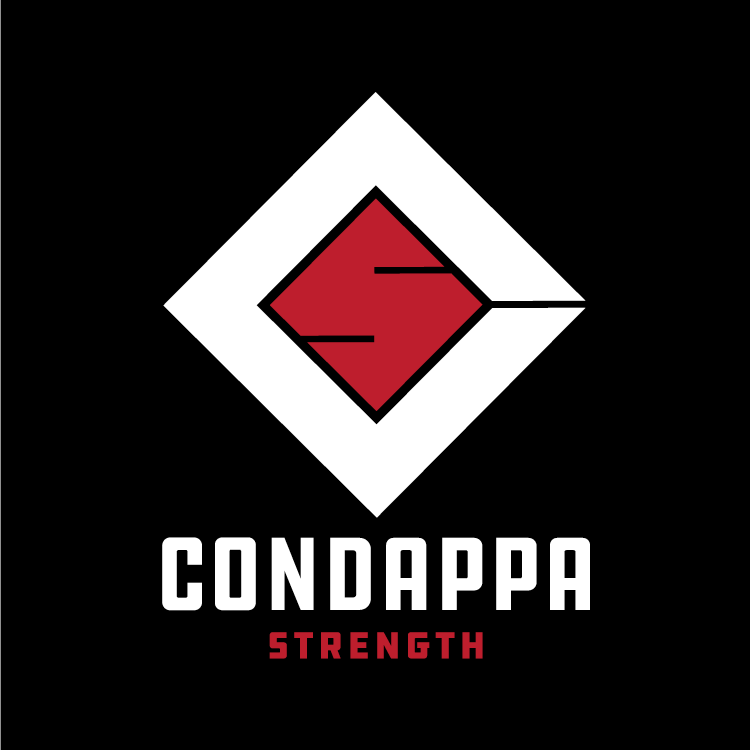Collagen Peptides Explained: Benefits, Dosage, and How Long They’ve Been Studied
Collagen Peptides: What You Need to Know
Collagen has exploded in popularity, but many people still wonder—what’s the difference between collagen peptides and protein supplements, and how long has it actually been studied? Let’s break it down in a clear, no-nonsense way.
What Are Collagen Peptides?
Collagen peptides are a broken-down, easily absorbed form of collagen—the most abundant protein in your body. They’re especially rich in the amino acids glycine, proline, and hydroxyproline, which are essential for connective tissue, skin, and joint health.
How Collagen Differs From Protein Powders
Not all protein is the same.
Protein powders (whey, casein, soy, pea): Complete proteins that contain all 9 essential amino acids, making them ideal for muscle growth and repair.
Collagen peptides: Not a complete protein. Instead, they specialize in supporting joints, ligaments, skin, nails, and bone health.
👉 Think of protein powder as the bricks to build muscle and collagen as the glue that holds everything together.
How Long Has Collagen Been Studied?
1800s: Scientists first identified collagen in connective tissue.
1970s–1990s: Used in hospitals for wound healing and burns.
2000s: Collagen peptides became available as supplements and research expanded.
2010s–Today: Dozens of human studies confirm benefits for skin elasticity, joint support, bone density, and recovery.
Bottom line: Collagen isn’t a new fad—it’s backed by decades of science, with supplement research really exploding in the last 15–20 years.
Collagen + Vitamin C = Proper Synthesis
Vitamin C is essential for collagen formation in the body. Without it, your collagen supplement won’t work as effectively.
For every 10–20 g of collagen, aim for at least 100 mg of vitamin C.
This is easy to get from a small orange, bell peppers, strawberries, or a low-dose supplement.
How Much Collagen Should You Take?
10 g/day: General wellness, skin, hair, and nails.
20 g/day: Best for athletes, people with joint stress, or anyone training intensely 4–5 times per week.
👉 For optimal results, pair your collagen with strength training and a balanced diet.
Takeaway
Collagen peptides aren’t meant to replace protein powders—they play a different role. If you’re training hard, recovering from injury, or just want to support healthy aging, 10–20 g per day with vitamin C can make a meaningful difference.
Want More Support on Your Health Journey?
Looking for a personalized plan or feel like your hormones are working against you?
You're not alone—and you don’t have to figure it all out by yourself.
📌 Grab your free fitness and nutrition guides here:
https://mtr.bio/condappa-strength
🗓️ Ready to talk strategy? Schedule a complimentary consult:
https://Condappastrength.as.me/Consult
